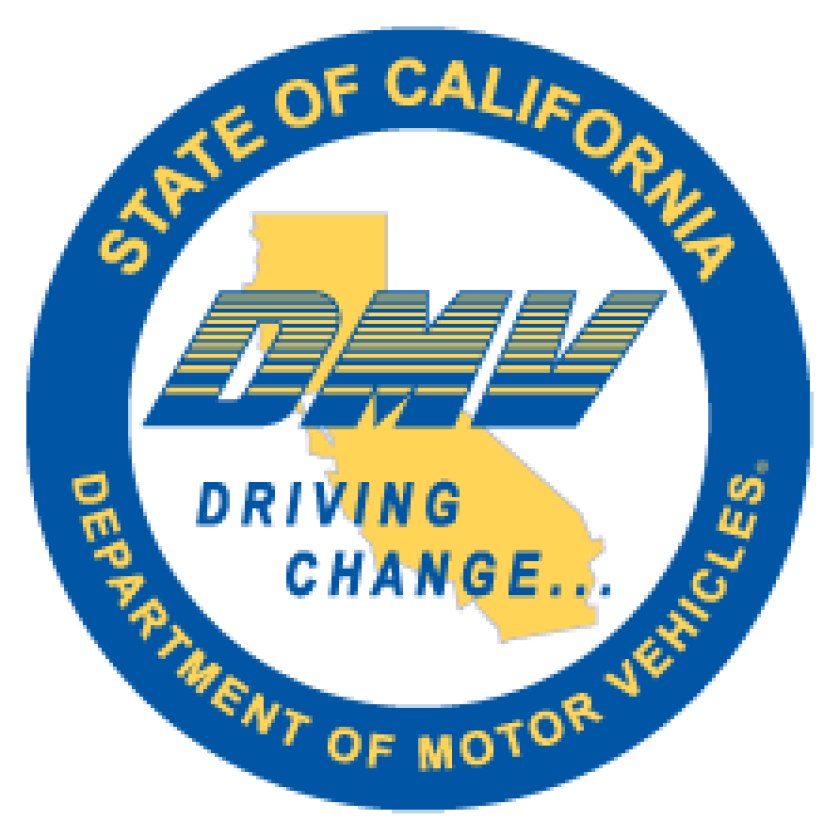
The company had second thoughts hours after a Chronicle story questioned whether the service violated the new law.
YoGov posted a notice on its website after 9 a.m. Friday advising customers, “Please note that we no longer offer our DMV express service in California.”
In a phone interview, YoGov CEO Ryder Pearce told The Chronicle that the decision was made “recently” out of a desire to discuss the express appointment service with state officials.
“I’d rather have conversations with the DMV first,” Pearce said.
Until Friday, YoGov offered an “express” service to find a DMV appointment “in 3-4 weeks,” about a quarter of the time it typically takes.
That would seem to violate a state law that made it illegal “to sell, or offer for sale, an appointment” with the DMV starting this year.
Gov. Gavin Newsom signed AB 317, authored by Assemblyman Tyler Diep, R-Westminster (Orange County), on Oct. 8. Diep said the law was needed to protect equal access to the DMV.
“Government is supposed to serve everyone equally, regardless of how much they can afford to pay,” he said. “At a time when DMV is struggling to meet demand, we can’t allow companies to make the problem worse by making it a competitive appointment process between Californians and companies. Especially if these companies are turning a profit off a government service that is free to the public.”
Asked last week whether he was upset that YoGov was still profiting off its services to set up DMV appointments online, Diep said: “The sale of DMV appointments is illegal and the attorney general or local district attorneys have the authority to prosecute any individual or entity that is doing so.”
He declined to comment on whether he thought YoGov’s express appointment service was breaking the new law. So did the DMV.
“DMV is currently reviewing how this company’s business model complies with this new law,” said Anita Gore, a department spokeswoman. ”We advise all Californians that they do not need an appointment to access DMV services which are available at any DMV office.”
Pearce told The Chronicle his company gave average people a better shot at a timely appointment. YoGov didn’t sell appointments, he said, but instead had a crew of assistants that worked to find them. He compared it to a CEO assigning an assistant to spend all day on the computer to snag an appointment. The average worker doesn’t have the time, patience or money to do this, he said, so YoGov serves as an assistant, or ”concierge,” constantly checking the DMV website and booking the best appointments when time slots open.
YoGov workers manually searched individually for appointments for customers, Pearce said. The company did not use bots or other automated methods to gather appointments then dole them out to customers, he added.
“Abstractly, the law makes sense and I agree with it,” Pearce said. “But it doesn’t apply to the service-oriented nature of what we’re doing. We provide personal assistance that will help you and save you time.”
Pearce created YoGov in 2016 out of frustration at standing in long lines at Oakland’s Claremont Avenue DMV. The startup’s business, and its notoriety, soared in 2018 as the DMV struggled to deal with crowds applying for Real ID licenses that will be required to board domestic flights in October.
Long waits at the DMV are ingrained in California culture, but lines grew unbearably long — and appointments tougher to get — as lines stretched out the door and wait times soared past six hours. Lawmakers demanded reform at the DMV, which increased staffing, opened earlier and added Saturday hours.
Despite DMV efforts, the earliest appointment is typically three months away.
The DMV told The Chronicle in July 2018 that it was investigating YoGov but has repeatedly declined to disclose the results of that probe, even in responses to Public Records Act requests.
Pearce said he’s never been interviewed by the DMV but did initiate a conversation in 2018 to explain how YoGov operates. He has had no contact with state regulators, lawmakers or attorneys since the bill became law.
“I think their understanding was that we snatch up appointments and sell them,” Pearce said. “That’s not how we operate. This law might be good for the future, to prevent people from doing that, but it is not how we operate.”
(c)2020 The San Francisco Chronicle. Distributed by Tribune Content Agency, LLC.




